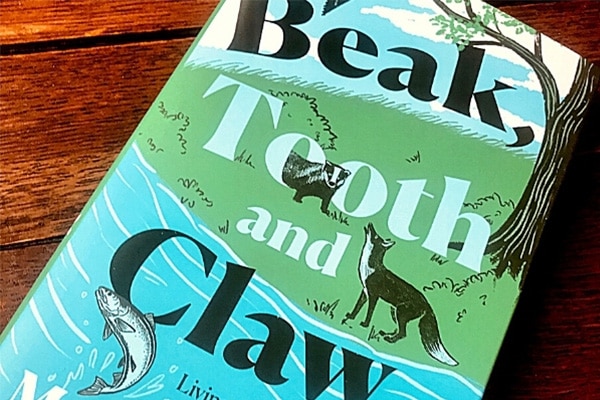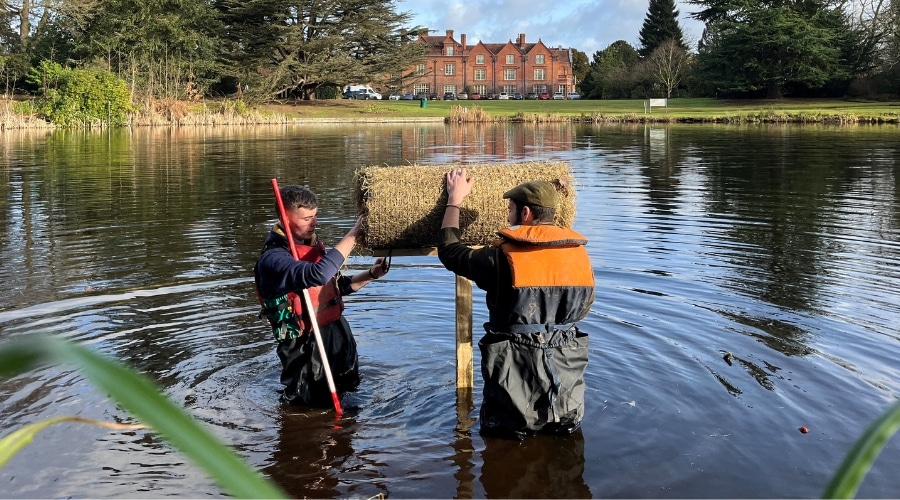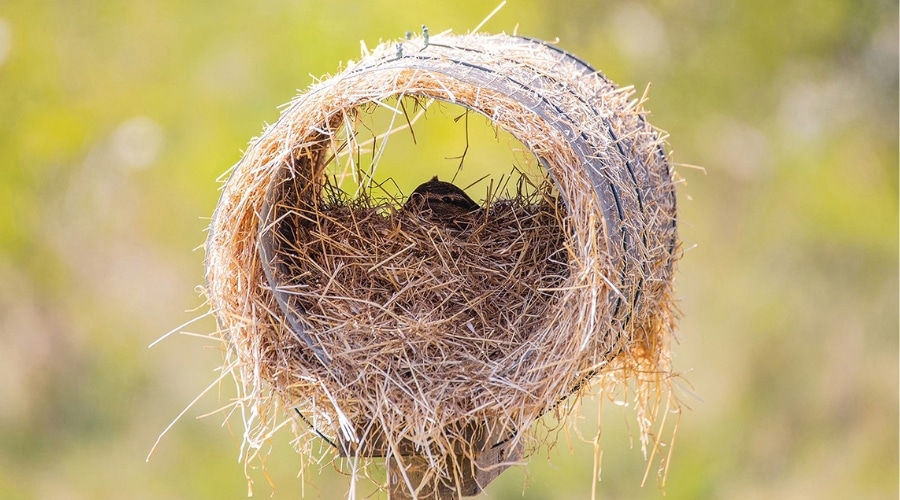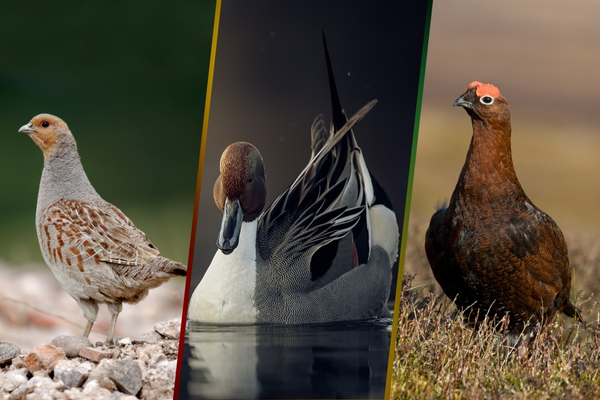
A pigeon among the cats
Guest blogger and keen wildfowler, Gethin Jones, reviews Mary Cowell’s latest book Beak, Tooth and Claw – Living with Predators in Britain.
Get information on the legal shooting season for mammals and birds in the UK.
Apply for funding for your project or make a donation today
Comprehensive information and advice from our specialist firearms team.
Everything you need to know about shotgun, rifle and airgun ammunition.
Find our up-to-date information, advice and links to government resources.
Everything you need to know on firearms law and licensing.
All the latest news and advice on general licences and how they affect you.

BASC’s science advisor, Sophie Stafford, visited Reaseheath College to help the students install duck nest tubes and show them the difference the structures can make to mallard nesting success.
With UK mallard populations in decline since the early 2000s, it is as important now as it’s ever been to do what we can to aid the species’ breeding success.
Step forward duck nest tubes, which are increasingly becoming a vital part of efforts to conserve wild mallard populations.
The help of the shooting community is crucial in making BASC’s duck nest tube project a success, and we’re already seeing promising results from work done so far.
Over the last year, BASC’s regional teams have offered duck nest tube workshops for wildfowling clubs, syndicates and colleges. These educational sessions have proven to be an effective way of increasing engagement with the project, which in turn will help us garner vital information about breeding success in mallard.
When located at ground level, mallard nests are often destroyed before the eggs have a chance to hatch. This can be for many reasons, including flooding, predation, trampling by livestock or disturbance from dog walkers.
Providing nesting sites that are elevated above water offers security from the elements and protection from predators and other disturbance.
To quantify, data reported to BASC in 2022 highlighted a 97 per cent hatching success rate from nest tubes. That’s pretty impressive, especially when you consider that the comparative stat for ground nests offers a lower hatching rate.

As part of BASC’s aim to help people and organisations put up duck nest tubes, I’ve been working with game and wildlife students and staff from Reaseheath College near Nantwich in Cheshire.
The first time I met the Reaseheath students was at Martin Mere Wetland Centre for a day of learning waterfowl ID skills in early January this year.
Having discussed the duck nest tube project as a matter of course, game and wildlife management lecturer Alex Pendlebury was eager to know more about the initiative.
We went on to organise a nest tube construction workshop, providing the opportunity for the students to place some around sites on at the Reaseheath campus.
After learning all the facts and figures during the workshop, including the importance of the project and how vital it is to record data of mallard habitation and hatching success, the students were keen to get stuck in and build some.
A total of nine nest tubes were made with great efficiency during our workshop session with the students.
On the day, we took three of these nests and headed to a pond on the campus, encouraging the students to think about what factors might be important in the selection of a suitable site for them.
Once the sites were decided upon – after considering access to food, cover, and the direction of the prevailing wind – the students donned their waders and set forth into the cold water.
Despite some minor grumblings about the water temperature and soggy feet, all the students got involved and proved a superb team in their efforts to make and install the tubes.
As well as the local mallard populations hopefully benefitting from the work of the final year students, they have also left behind something that future year groups in the college can continue to monitor, contributing to our developing knowledge of the environment required for the success of breeding mallard.
To find out more about BASC’s duck nest tube project, click here.

Guest blogger and keen wildfowler, Gethin Jones, reviews Mary Cowell’s latest book Beak, Tooth and Claw – Living with Predators in Britain.

Dr Cat McNicol challenges perceptions of the Birds of Conservation Concern list and explains why interpreting it in isolation has negative implications for shooting.

BASC Northern Ireland team held a Young Shots activity day at Carnview Farms Clay Target Complex.
Sign up to our weekly newsletter and get all the latest updates straight to your inbox.
© 2025 British Association for Shooting and Conservation. Registered Office: Marford Mill, Rossett, Wrexham, LL12 0HL – Registered Society No: 28488R. BASC is a trading name of the British Association for Shooting and Conservation Limited which is authorised and regulated by the Financial Conduct Authority (FCA) under firm reference number 311937.
BASC Direct Ltd is an Introducer Appointed Representative of Agria Pet Insurance Ltd who administer the insurance and is authorised and regulated by the Financial Conduct Authority, Financial Services Register Number 496160. Agria Pet Insurance is registered and incorporated in England and Wales with registered number 04258783. Registered office: First Floor, Blue Leanie, Walton Street, Aylesbury, Buckinghamshire, HP21 7QW. Agria insurance policies are underwritten by Agria Försäkring.
If you have any questions or complaints about your BASC membership insurance cover, please email us. More information about resolving complaints can be found on the FCA website or on the EU ODR platform.